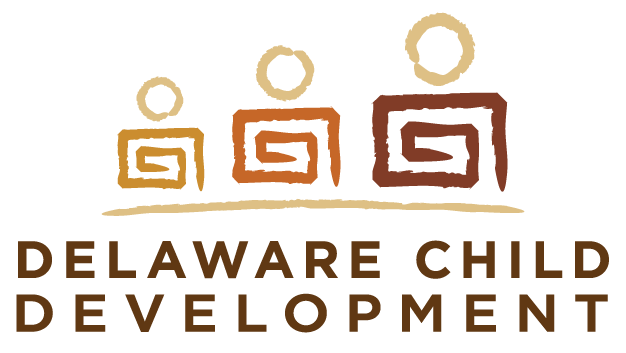Ms Mollie's Classroom 3
Hello from Classroom 3!!!
This last month we strengthened our physical development. Pulling themselves up, wearing underwear, independently learning how to move our bodies while riding a bike with pedals, and climbing up a big apparatus without help are just some of the many milestones that we had in our class. We are constantly moving and learning how our bodies work on the outside. Now it will be time to learn what is going on inside of our bodies.
This month we are going to focus on our social and personal skills. From what is said in our Early Learning Guideline book, children’s growth and development is dependent on social interactions with adults and other children. As children mature, they constantly notice and explore differences among people. This natural curiosity helps children develop a strong sense of identity, and it provides teachers and families with opportunities to connect schools and programs with a child’s home and community. Social skills are daily interactions with others, work habits and self-help skills. These social skills that are reinforced through daily events and the learning environment help children become aware of and respect the interests, preferences and cultural background of others. Personal skills include self-regulation, self-esteem, and self-care. These skills are taught through daily interactions and events. The ongoing development of personal skills equips a child to work in the social setting. To develop these skills, children need daily opportunities to negotiate issues that occur, to take turns, to lead and follow, and to be a friend. They also need to learn how to handle their feelings in a socially acceptable manner.
We will also be talking about self and social awareness (social studies). Along with the Early Learning Guidelines for young children, learning about social studies is built on children’s experiences in their families, school, community, state, and country. Children are eager to know more about themselves, their culture, and environment. Beginning concepts can be explored with questions such as “Who are the members of my family?” “Who are our neighbors?” “Where do we live?” Skills such as working independently, problem solving, and decision-making are fostered when children engage in activities with others. Social studies provide an opportunity to develop an integrated curriculum using civics, geography, history, and economics. Learning experiences may be provided through learning centers, resource people, projects, and field trips.
Mollie Sanders
Master Teacher
Delaware Child Development Center Downtown








